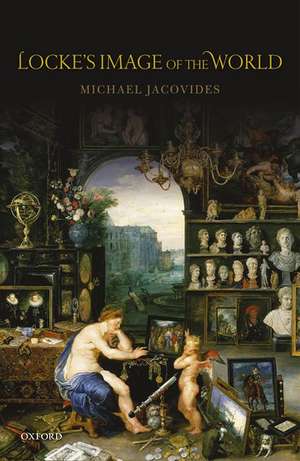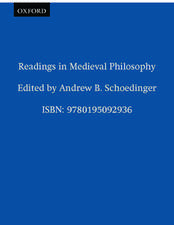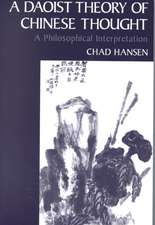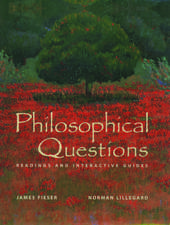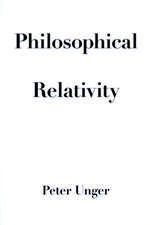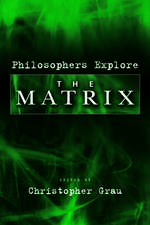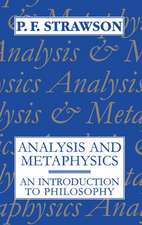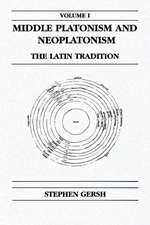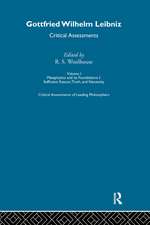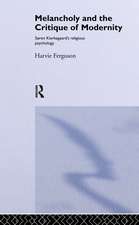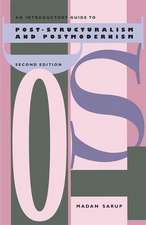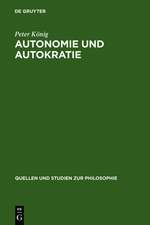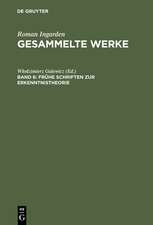Locke's Image of the World
Autor Michael Jacovidesen Limba Engleză Hardback – 19 ian 2017
| Toate formatele și edițiile | Preț | Express |
|---|---|---|
| Paperback (1) | 166.86 lei 31-37 zile | |
| OUP OXFORD – 17 mai 2019 | 166.86 lei 31-37 zile | |
| Hardback (1) | 461.74 lei 31-37 zile | |
| OUP OXFORD – 19 ian 2017 | 461.74 lei 31-37 zile |
Preț: 461.74 lei
Preț vechi: 637.97 lei
-28% Nou
Puncte Express: 693
Preț estimativ în valută:
88.35€ • 92.50$ • 73.11£
88.35€ • 92.50$ • 73.11£
Carte tipărită la comandă
Livrare economică 26 martie-01 aprilie
Preluare comenzi: 021 569.72.76
Specificații
ISBN-13: 9780198789864
ISBN-10: 0198789866
Pagini: 256
Dimensiuni: 161 x 240 x 20 mm
Greutate: 0.51 kg
Editura: OUP OXFORD
Colecția OUP Oxford
Locul publicării:Oxford, United Kingdom
ISBN-10: 0198789866
Pagini: 256
Dimensiuni: 161 x 240 x 20 mm
Greutate: 0.51 kg
Editura: OUP OXFORD
Colecția OUP Oxford
Locul publicării:Oxford, United Kingdom
Recenzii
Locke's Image of the World is an impressive feat of scholarship. The exposition of late scholastic science and the then developing science, along with how these scientific theories influence Locke, is meticulous, clear, and engaging. Jacovides succeeds in his goal to show how the science of Locke's day influences his philosophy. ... the book will be of interest not only to Locke's interpretersbut also tothose engaged in intellectual history, the history of science, and philosophy of science more generally.
Jacovides's book is more than an exercise in Kuhnian philosophy of science. He offers solutions to many well-known exegetical puzzles, including those about Locke's attitude toward the idea of substance, his claim that our minds are likely immaterial, his conception of ideas, and his assertion that some ideas resemble qualities in bodies ... Though this book draws on ten articles that Jacovides published over a decade and a half, it does not read like a collection of papers strung together. It is exceptionally well written, and supplies a coherent narrative from a consistent point of view. Jacovides is sympathetic without being uncritical; and whether defending Locke or criticizing him, he puts all of his cards on the table. This is a valuable addition to the literature on Locke, not least because Jacovides makes such an effort to see things as Locke might have seen them, and to get us to do that too.
Jacovides's book is more than an exercise in Kuhnian philosophy of science. He offers solutions to many well-known exegetical puzzles, including those about Locke's attitude toward the idea of substance, his claim that our minds are likely immaterial, his conception of ideas, and his assertion that some ideas resemble qualities in bodies ... Though this book draws on ten articles that Jacovides published over a decade and a half, it does not read like a collection of papers strung together. It is exceptionally well written, and supplies a coherent narrative from a consistent point of view. Jacovides is sympathetic without being uncritical; and whether defending Locke or criticizing him, he puts all of his cards on the table. This is a valuable addition to the literature on Locke, not least because Jacovides makes such an effort to see things as Locke might have seen them, and to get us to do that too.
Notă biografică
Michael Jacovides is Associate Professor of Philosophy at Purdue University. He has published ten papers on various aspects of Locke's philosophy along with other papers, including Experiences as Complex Events, Hume's Vicious Regress, and How is Descartes' Argument Against Scepticism Better than Putnam's?.
